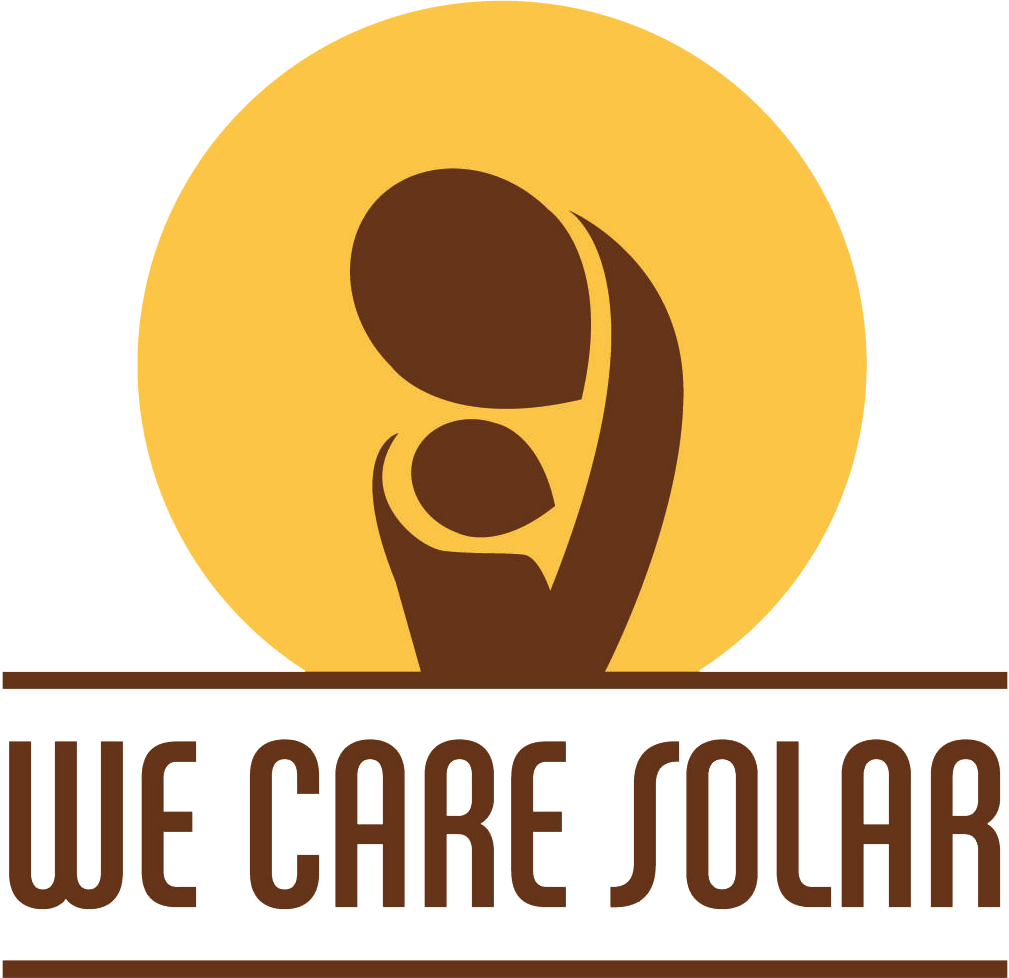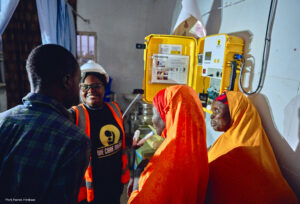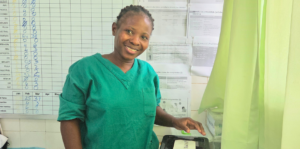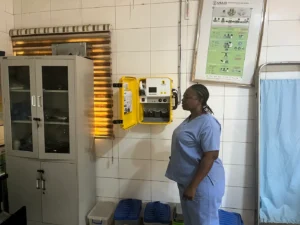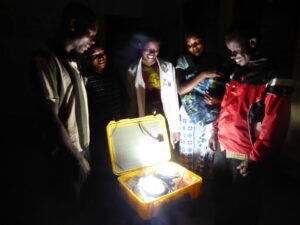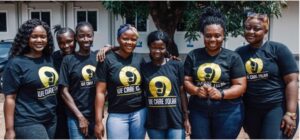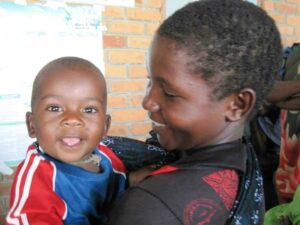“There’s going to be a lot of babies saved, a lot of women saved,” exclaimed Ugandan midwife Esther Madudu, after receiving a Solar Suitcase. Until last month, Esther had been conducting nighttime deliveries holding a cellphone in her teeth. When the Solar Suitcase was installed, Esther immediately put it to good use. Under the newly mounted LED lights, she resuscitated a preterm baby, sutured a mother who was bleeding, and demonstrated how easily she could now read the labels on medicine vials.“I can’t explain the happiness. It’s a different world. This is something we never expected in Tiriri, but we thank God that it has come.”
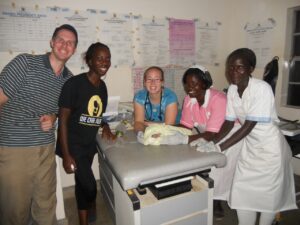
In December 2011, WE CARE Solar partnered with Safe Mothers, Safe Babies (SAFE), African Medical Research Foundation (AMREF), and UNICEF to deliver 21 Solar Suitcases to Ugandan health facilities. SAFE is an NGO working primarily in Eastern Uganda with the aim of reducing maternal and neonatal mortality through demand-driven, collaborative, sustainable programs. The community-based participatory health programs developed by SAFE provided an excellent context for our Solar Suitcase program in Eastern Uganda.
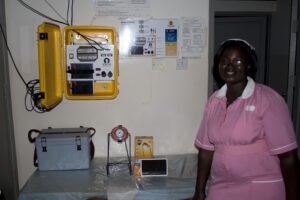 Armed with educational posters and suitcases full of tools and supplies, SAFE founder Jacqueline Cutts, Technical Director Richard Cutts, and intern Rachel Fisher met up with WE CARE Solar’s Kenyan engineer – Nya Abaji. This dedicated crew spent the next two weeks traveling around Uganda, conducting health facility needs assessments, Solar Suitcase trainings, and Solar Suitcase installations in hospitals and primary health care clinics.
Armed with educational posters and suitcases full of tools and supplies, SAFE founder Jacqueline Cutts, Technical Director Richard Cutts, and intern Rachel Fisher met up with WE CARE Solar’s Kenyan engineer – Nya Abaji. This dedicated crew spent the next two weeks traveling around Uganda, conducting health facility needs assessments, Solar Suitcase trainings, and Solar Suitcase installations in hospitals and primary health care clinics.
The Solar Suitcases had an immediate impact, providing much needed light and power. At Iganga District Hospital, the Solar Suitcase was installed the same evening that a power outage interrupted a c/section. The surgical crew switched on the Solar Suitcase LED lights to complete the surgery and resuscitate the newly delivered baby. They then went on to provide care for three motorcycle accident victims.
Hospital power outages in Uganda are not an unusual occurrence. “There are so many stories about the power going off in operations, I can’t even tell them all, ” bemoaned Dr. Kato, the anesthetist at Iganga hospital. “When the power goes off during an operation, we use whatever is around – a torch. This is very stressful during an operation, and the light is not sufficient, but this is all we had.”
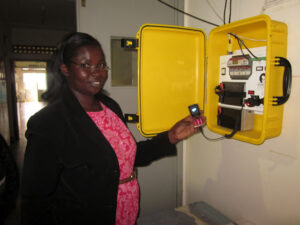 The Solar Suitcase provided much reassurance to the staff, who talked about the challenges suturing and monitoring patients without reliable lighting. A surgeon shared his perspective. “You can be operating and then power goes off. All of a sudden, total darkness. It can be very tricky, if you have just removed the baby, to tie the bleeders if power has gone off. But now that we have the Solar Suitcase, we can easily switch [it] on. Then we can continue with the operation.”
The Solar Suitcase provided much reassurance to the staff, who talked about the challenges suturing and monitoring patients without reliable lighting. A surgeon shared his perspective. “You can be operating and then power goes off. All of a sudden, total darkness. It can be very tricky, if you have just removed the baby, to tie the bleeders if power has gone off. But now that we have the Solar Suitcase, we can easily switch [it] on. Then we can continue with the operation.”
The interviews collected by the SAFE-WE CARE team echoed the stories we have heard in many other countries. Midwives and doctros workers cannot provide optimal care for mothers and babies when lighting is not assured. Procedures can be delayed or cancelled. Mothers in need of c/sections may be referred away from hospitals without power.
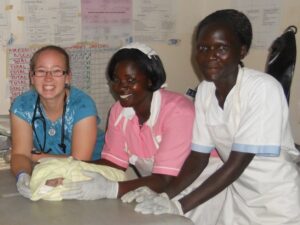 The importance of lighting was not overlooked by community members who would likely benefit from the Solar Suitcase. An expectant mother had this to say. “They have told me what you brought here—the Solar Suitcase, so that we have light at night, and now I know that my baby will be safe. I am so very, very grateful. So I thank you, madam. Thank you so much, thank you so much.”
The importance of lighting was not overlooked by community members who would likely benefit from the Solar Suitcase. An expectant mother had this to say. “They have told me what you brought here—the Solar Suitcase, so that we have light at night, and now I know that my baby will be safe. I am so very, very grateful. So I thank you, madam. Thank you so much, thank you so much.”
